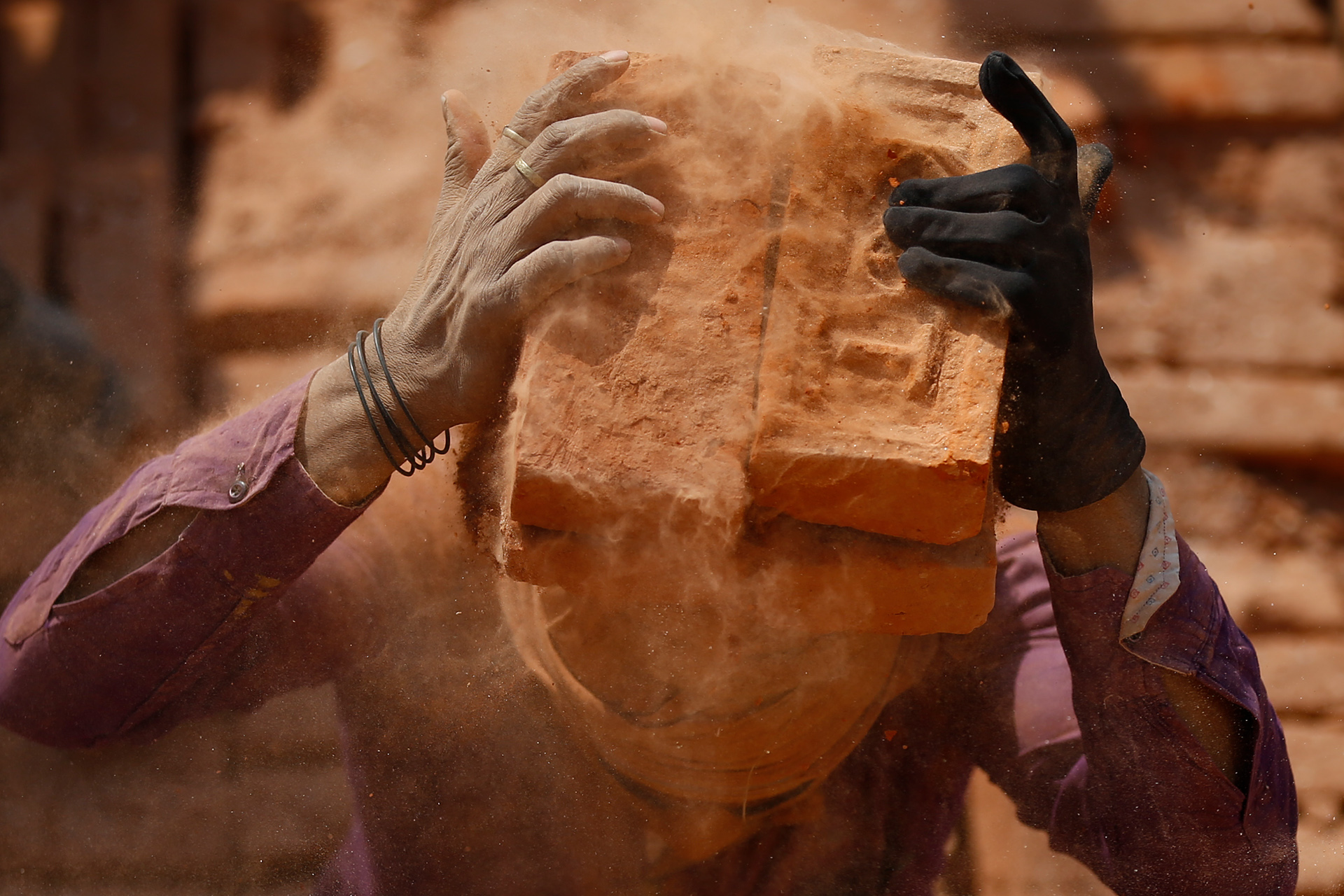Last Updated on 04/03/2019 by Mark Beckenbach
All photos from Skanda Gautam. Used with Creative Commons permission.
The last time we featured the works of Kathmandu-based Skanda Gautam we got to see some of Nepal’s most pressing issues and vibrant festivals through his lens. Since he has more social stories worth exploring, we might as well dive in to another of his fascinating series; a close look at the everyday life of locals and migrant laborers toiling away at a brick kiln.
Skanda, a photojournalist for The Himalayan Times, has been documenting various events, occasions, and locations, to give us an idea about the culture and ways of life in Nepal. His work shows us a lot of what we already know about the landlocked South Asian country and more — from vibrant festivals and cultural events, to the myriad of scenes depicting daily life. These include what work is like for various industries and groups of people, such as the brick kiln workers he photographed in January 2018.
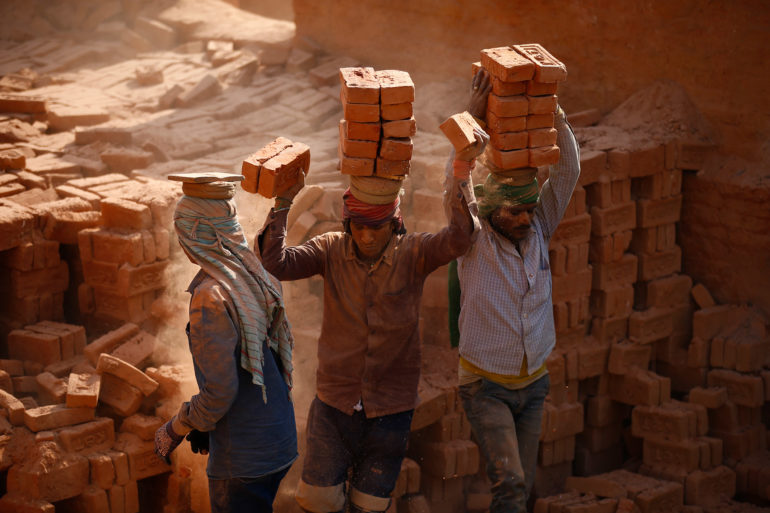
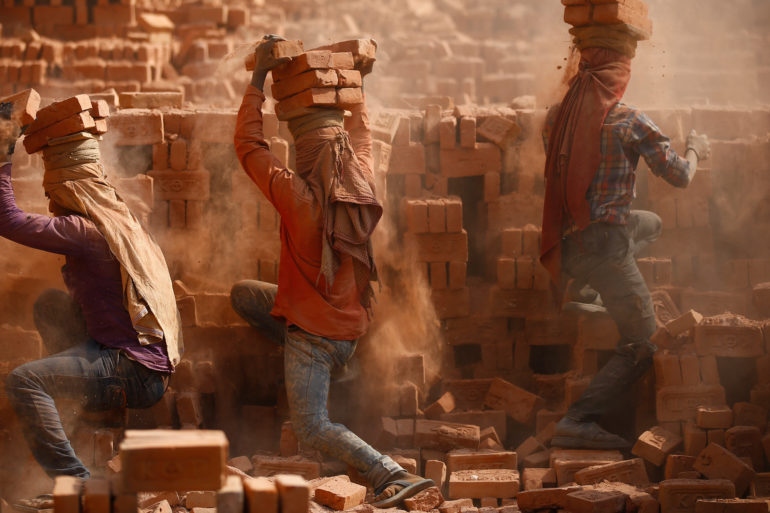
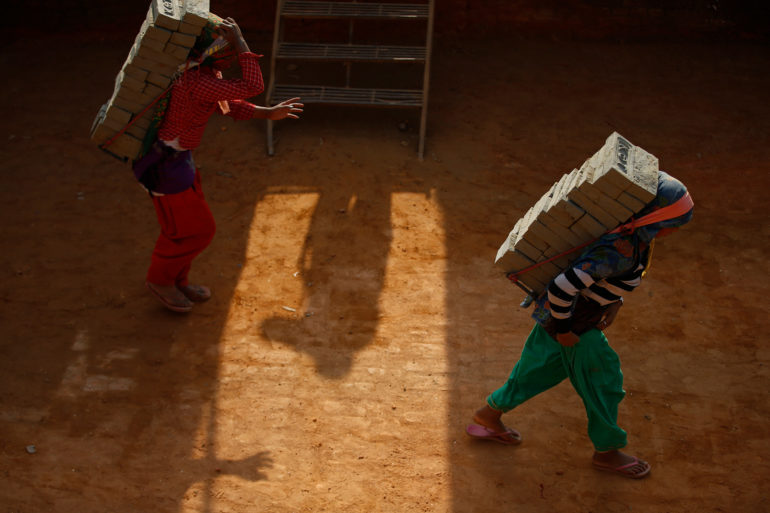
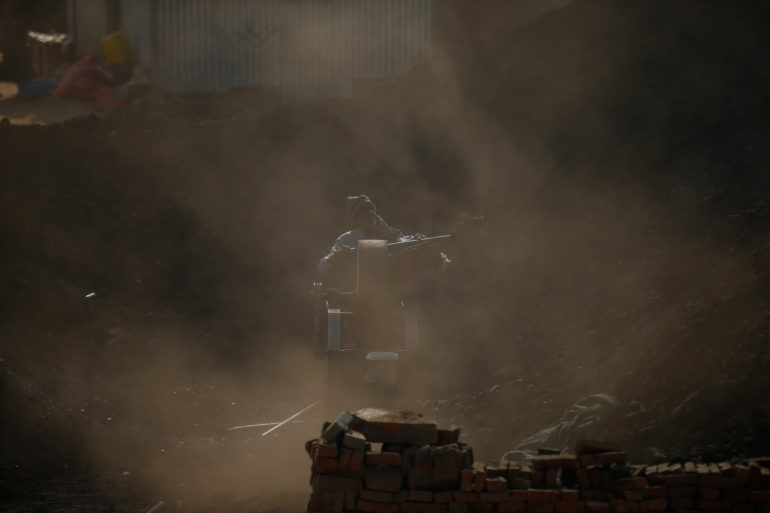
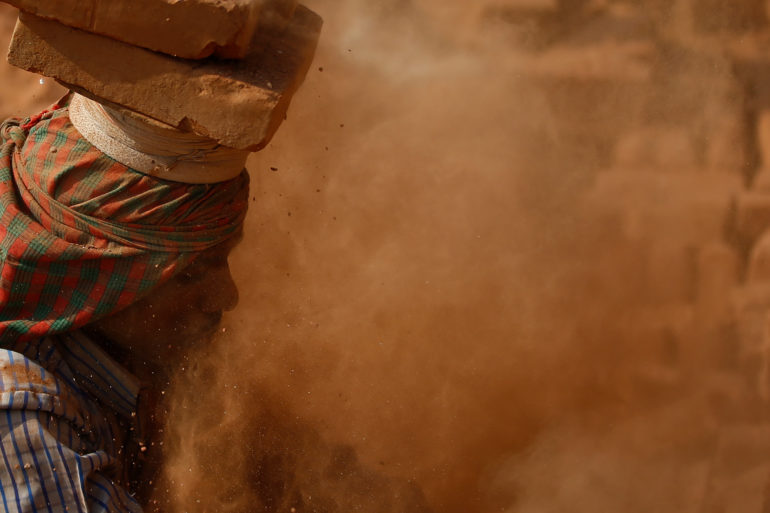
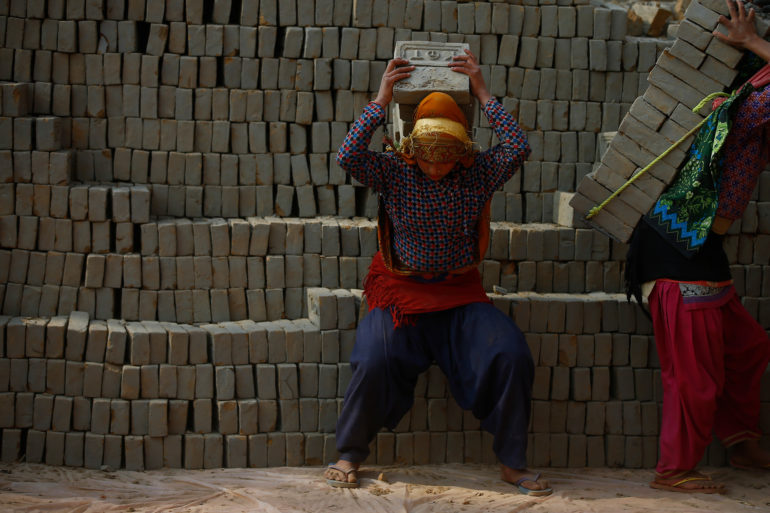
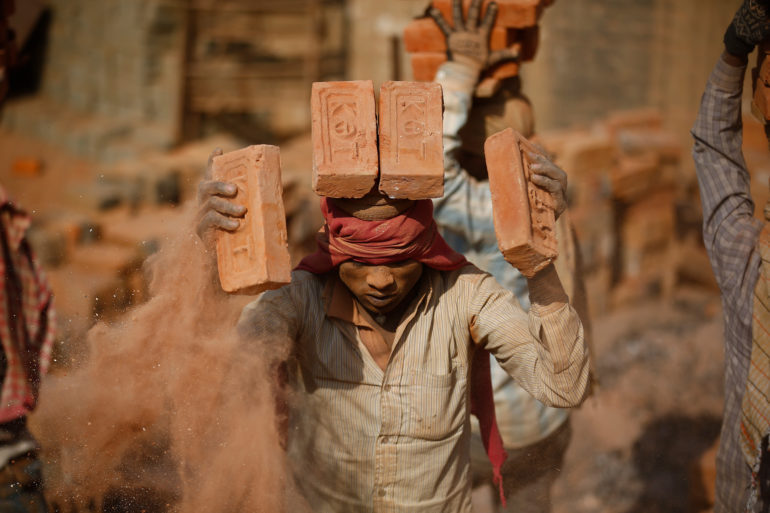
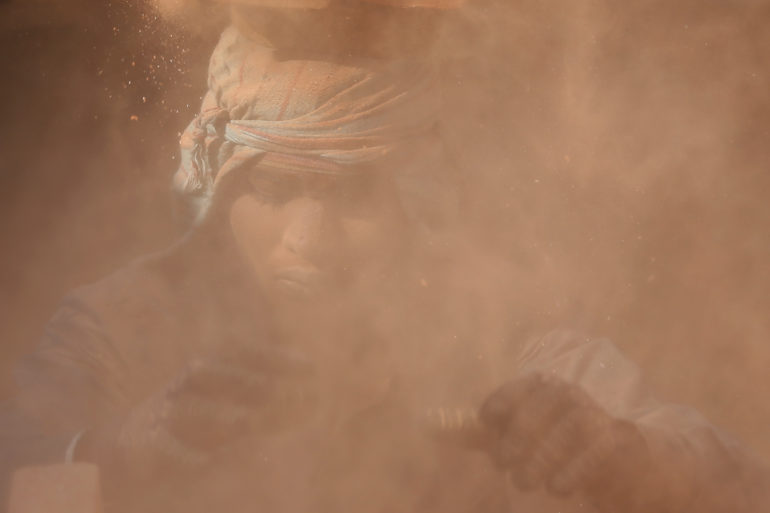
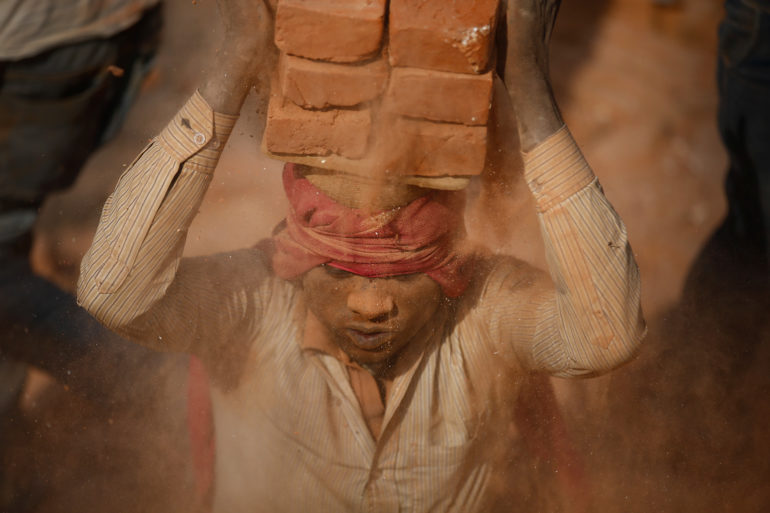
For the Nepalese workers and Indian seasonal laborers of a brick kiln in the city of Bhaktapur, it was just another busy day; just another day of hard work hauling away bricks, bathing in the dust from the burnt bricks stirred by all the activity. But for our featured photojournalist, as we can imagine, it’s another day for him to show another unique perspective on the plight of his country’s working class. According to Skanda, the workers arrive during winter season to work at the kilns. Both men and women carry heavy stacks of weighted bricks on their backs, but they wear no protection against all the dust and other potential hazards that come with their work.
Bhaktapur lies just around eight miles from the capital city of Kathmandu, which is actually suffering from deteriorating air quality due to brick kilns, vehicle emissions, and industrial buildings. Skanda underscores this alarming issue in another eye-opening series, Air Pollution in Nepal.
Check out Skanda Gautam’s Behance portfolio and Instagram to see the rest of his work.


